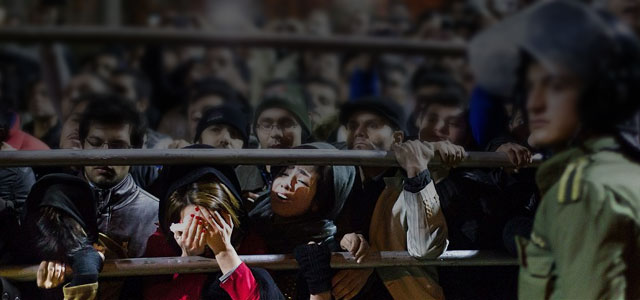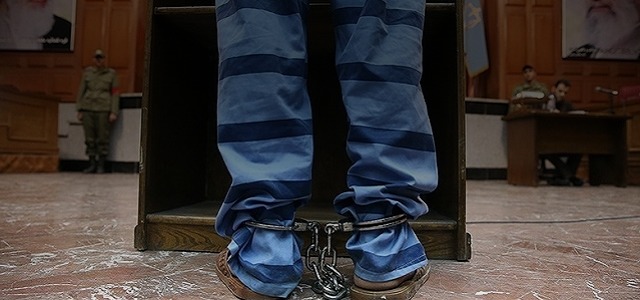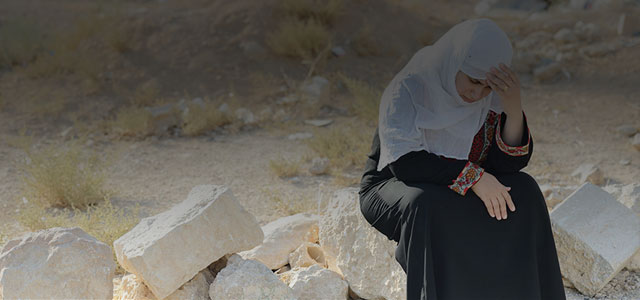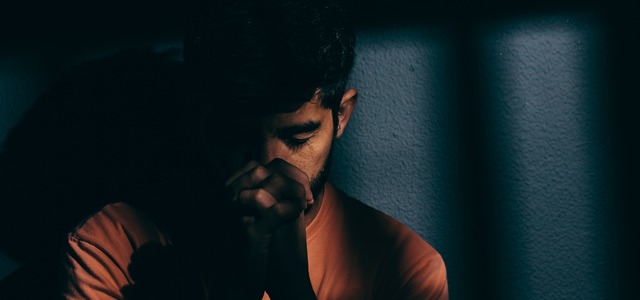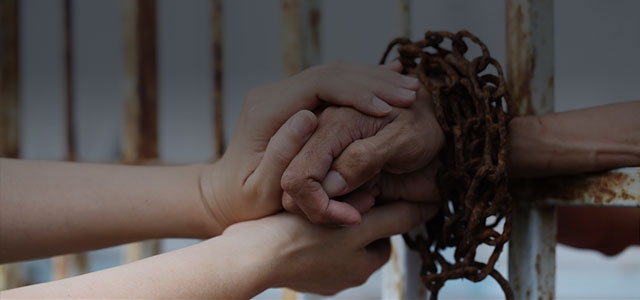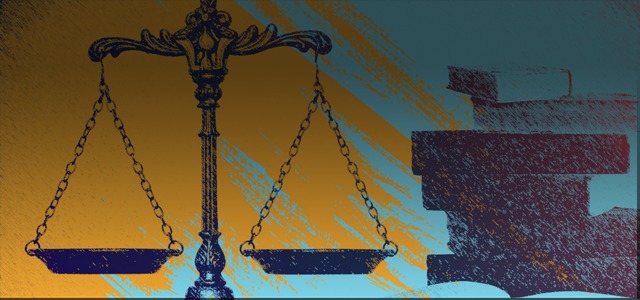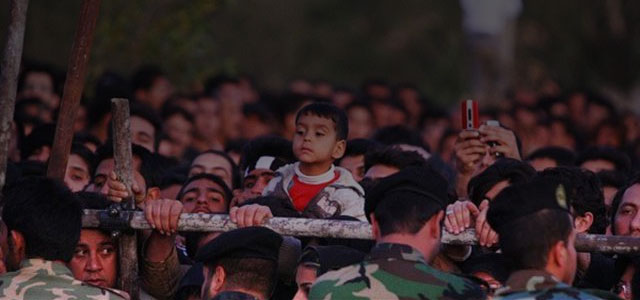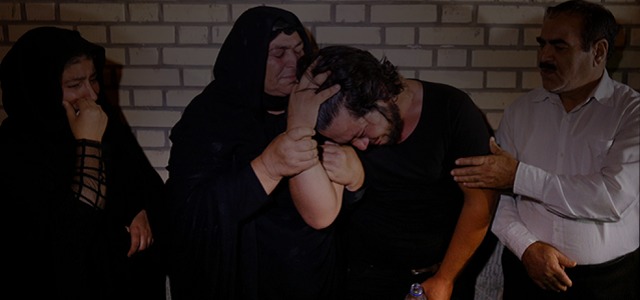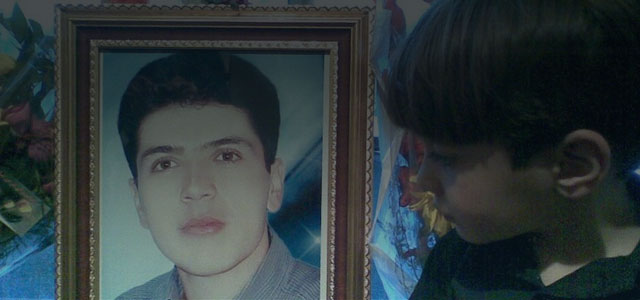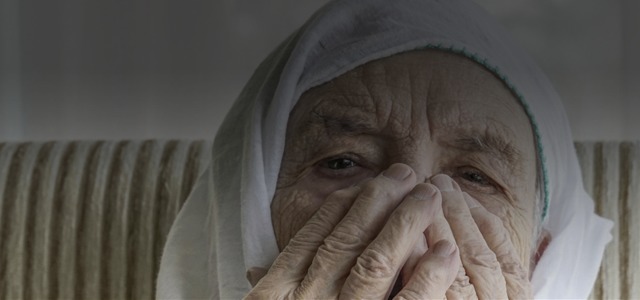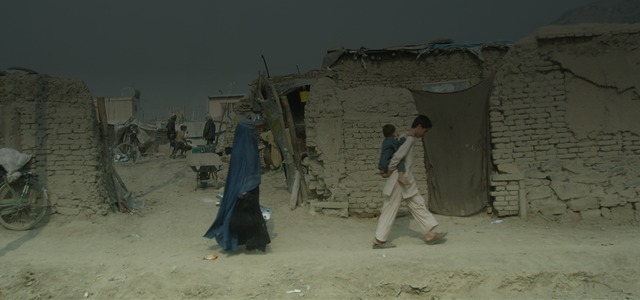| “ | The relatives of the condemned man then discover an excess of suffering that punishes them beyond all justice. - Albert Camus, Reflections on the Guillotine | ” |
"I cannot sleep or speak if I don’t take pills. No one endured the psychological torture that I did; I can’t even talk to my own kid anymore."
"They took these guys and killed them, and what happened? Is anyone taking care of their families? Has the country gotten better?"
"We thought the killer’s execution would bring us closure, but the day he was put to death was like the day our daughter had been killed."
"After they imprisoned my husband, people talked a lot behind my back... I now stay away from social gatherings, and it's hard to interact with people.”
"My wife called and said 'I wish I were in prison too.' She wished she could be in jail instead of living the life she had on the outside. She had no income."
"Shouldn’t someone come and ask, 'What is the source of your problems? Why did your husband become a drug dealer?"
"My daughter would cry for any reason and for no reason at all. She would get on the kitchen counter and say 'I’m going to jump off of here and kill myself."
“The man who executed my brother himself is in a worse state than we are. ٌWhen you carry it out yourself, it’s not something you easily forget.”
"My six-year-old son watches cartoons and says 'Mom, I want to be like this character, I want to go save Uncle and kill police."
"Zakaria's grandmother killed herself: she set herself on fire and died." 'My child's rights are being violated here' she said."
“Iran made orphans of my children, and now they weep bitterly... As long as I am alive I will curse Iran's name."

